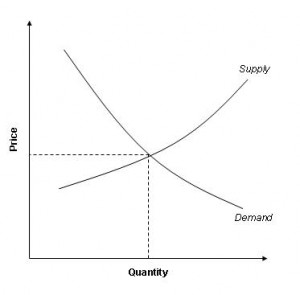When a pellet mill is able to produce pellets that are of good quality and according to its capacity then it is said to be working at its best. The pellet mill supply should always try and match the capacity that is expected when the pellets are finally produced. However, this is always not the case with the pellet mill supply sometimes being less than what was expected. There are many factors that contribute to the decline of pellets produced by the pellet mill and may differ from one machine to another. Nevertheless, there are factors that are common that sometimes can be noted across the board in most pellet mill industries.

Lack of proper maintenance of the pellet mill is one of the factors that may affect the pellet mill supply. When the pellet mill is not properly maintained it will be less effective in its production of quality pellets that eventually affects its supply. The pellet mill will also consume a lot of energy in production because of the various obstacles encountered while processing the raw materials into pellets. It is therefore important to schedule a regular maintenance of the pellet mill before it breaks down completely.
The use of inappropriate raw materials is also another factor that can affect the pellet mill supply. The production of pellets can be done by using a variety of raw materials but it depends on the pellet mill or hammer mill that they are being fed into. There are pellet mills that work best with raw materials that produce biomass pellets while others use those that produce wood pellets. In case the wrong raw material is used then the pellet mill supply will be affected as the machine will be working harder to produce the needed pellets.
Pellet mill supply can also be affected by the amount of power needed by the biomass pellet press to produce the amount of pellets needed. The higher the power needed the better the quality.


